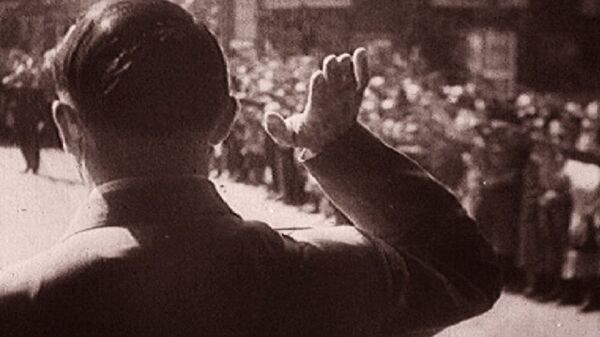How could a lone-wolf change the course of history on 8 November in 1939 when he planned to kill the Nazi idol in the famous Buergerbraeukeller Pub in Munich? The debates are still on as one can only theorise what would have happened if Georg Elsner's plot had succeeded.
But Germany has only recently offered well-deserved recognition to one of the most controversial would-be Hitler assassins; carpenter Elsner, which he lacked for years, according to Professor Johannes Tuchel, heading the German Resistance Memorial Center in Berlin.
Elsner himself, who was tortured and executed just weeks before Adolf Hitler killed himself in May 1945, has been out of the spotlight for years in contrast to officer Claus Schenk Graf von Stauffenberg and his Operation Valkyrie. According to Johannes Tuchel, there are several reasons for this.
"On the one hand, that's the result of defamation by the National Socialists, which lingered many decades after the war. On the other hand, it's due to Elser's image, which was created and cultivated as early as the late 1930s," he told the outlet, Deutsche Welle, adding that Nazis pictured him as a "tool of the British intelligence."
Another version, voiced by critical voices in the opposition also cast a shadow on Elser as it said that "this attack was perpetrated by the Nazis themselves to demonstrate Hitler's infallibility once again. "Post-war West German society also struggled to accept the assassin, "not least someone with communist leanings," as Deutsche Welle points out.
"Elser impressively demonstrated the options and possibilities, and that was difficult, even shameful, for post-war society to grasp and digest," Tuchel says.
The situation has been changing since the mid-90s – a new Georg Elser memorial even opened earlier this week at his birthplace, during a ceremony attended by the country's president Frank-Walter Steinmeier.
"We need to be able to ask frank questions about his motives, goals and actions. And we're certainly able to do that much better than 20 or 30 years ago," Tuchel said.
However, his figure, motives and means remain debatable.
"You have a carpenter from the Swabia region [southwestern Germany] who is an outstanding craftsman. He sees in 1938 what many Germans could have seen and resorts to the most extreme means, namely an assassination attempt; incidentally not only on Hitler but on the entire National Socialist leadership, notably [Hermann] Göring, [Joseph] Goebbels and [Heinrich] Himmler," Tuchel explained.
According to the historian, Elser hoped that his act "would pave the way for others to come to power and without an interest in territorial expansion. If you translate that it means others could have already seen the warning signs in 1938 and acted accordingly."





